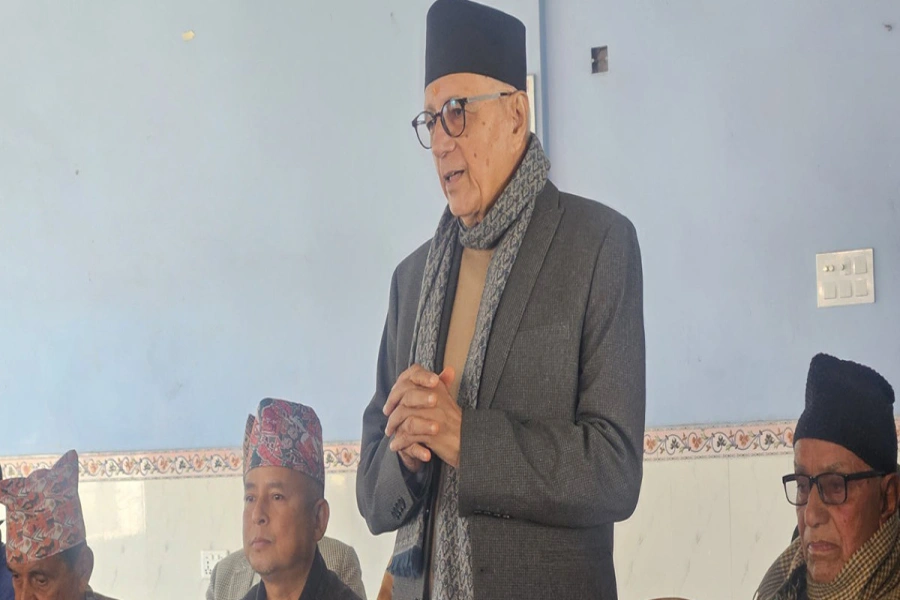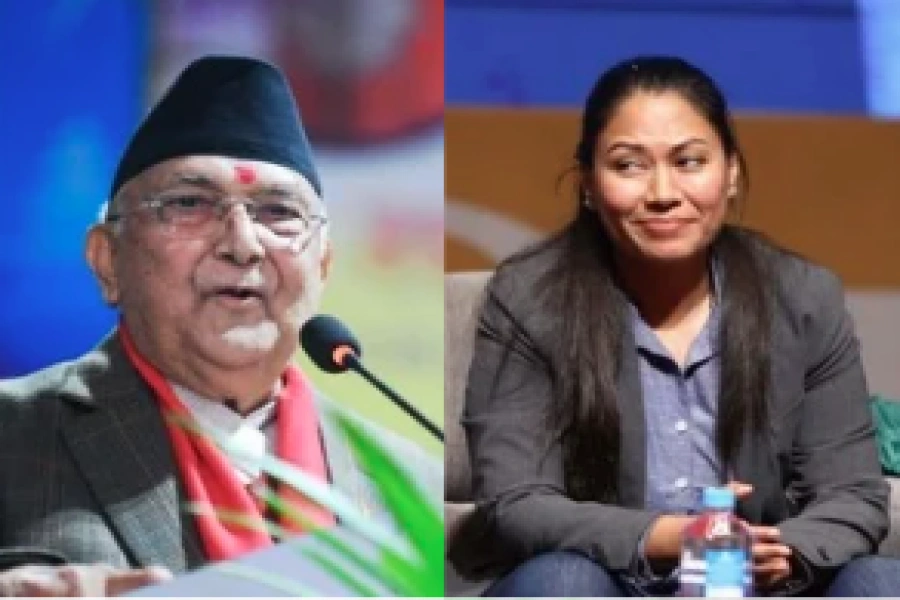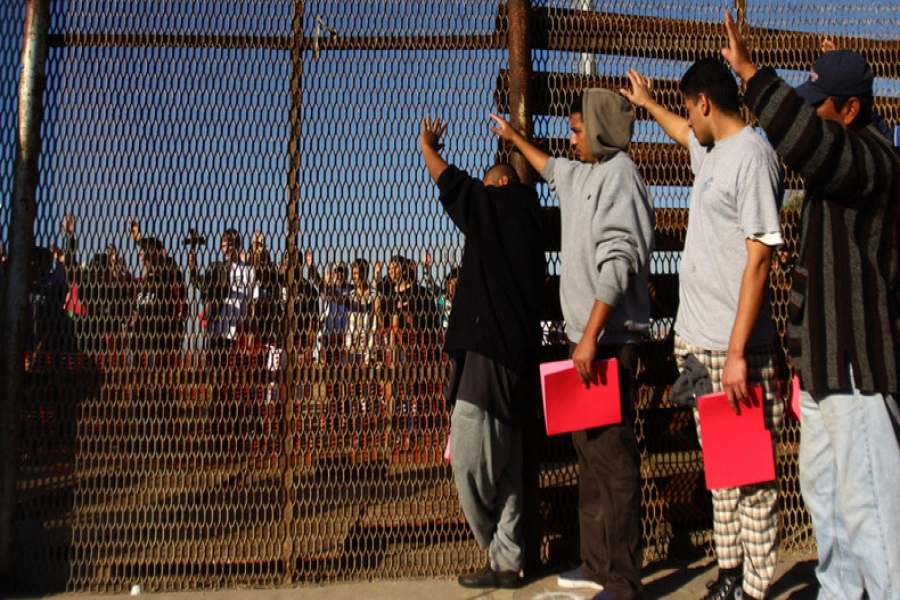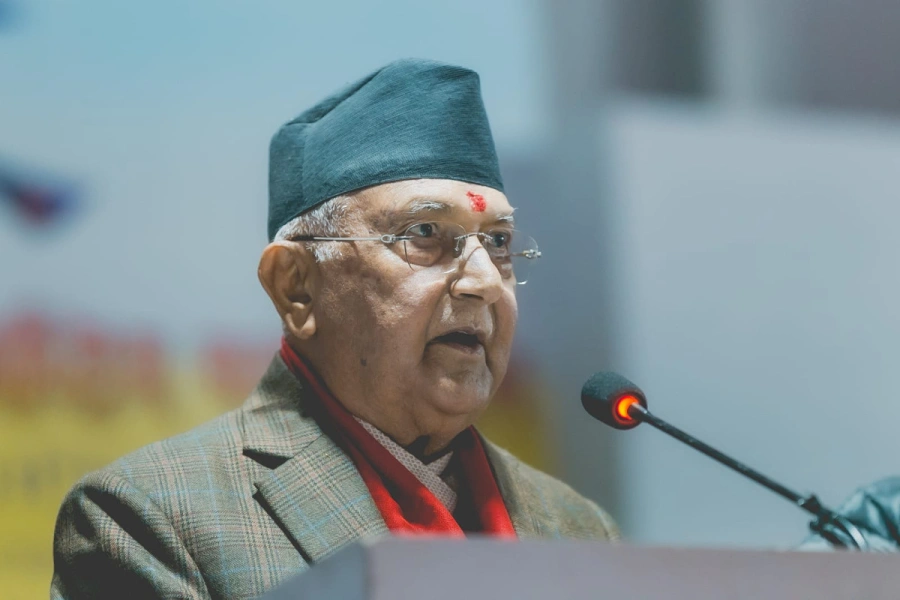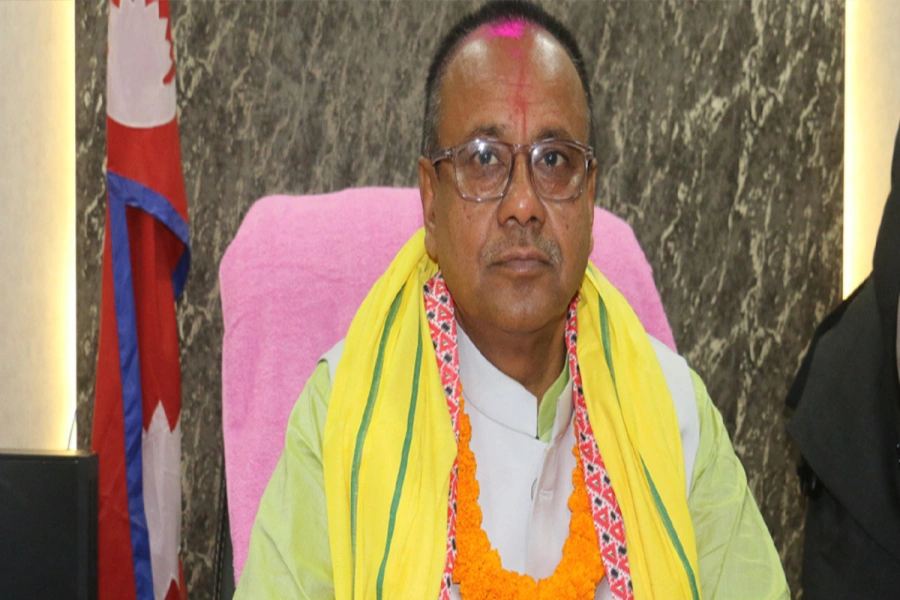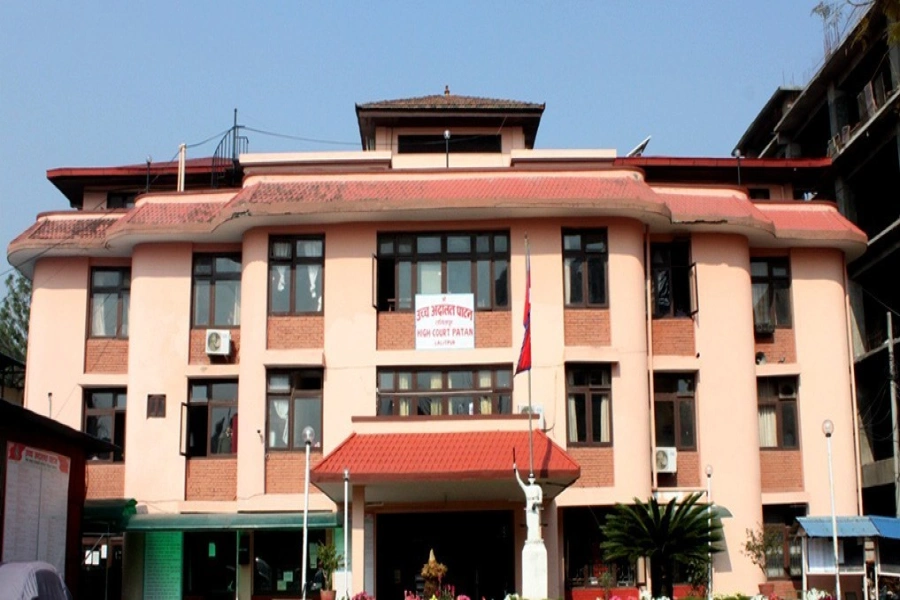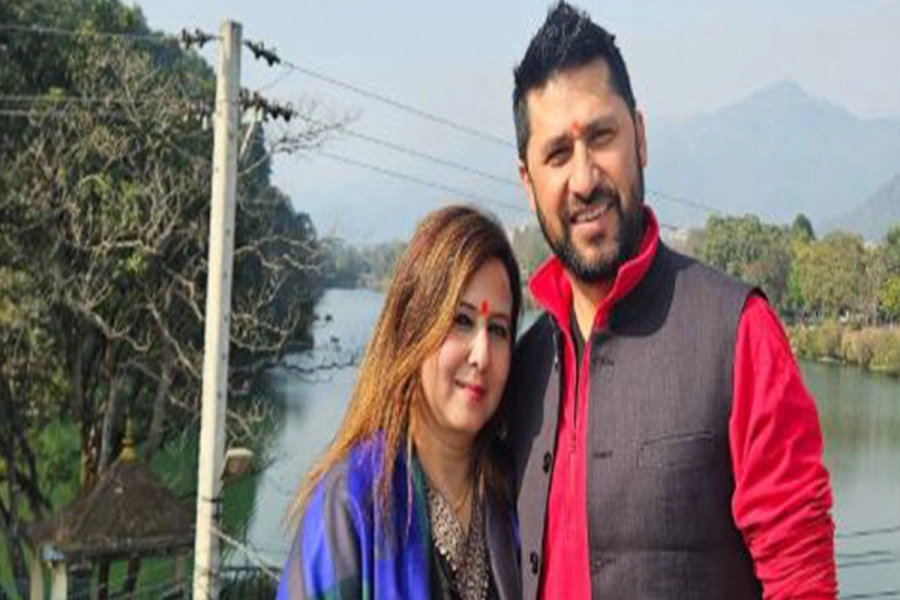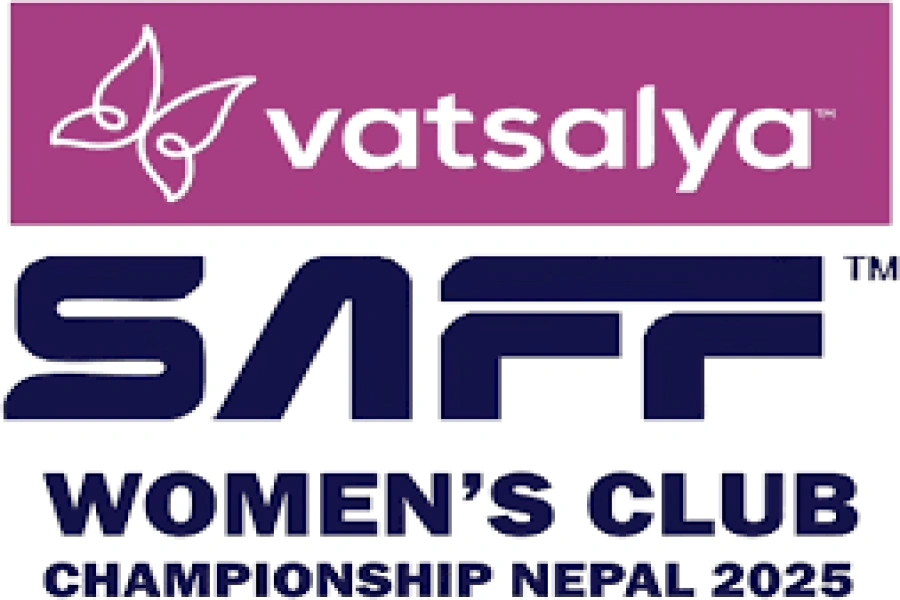First, let’s give the credit where it is due. The government of Nepal has been working to curb trafficking of women and children. At the Tribhuvan International Airport immigration, for example, officials are seen interrogating women travelling abroad, if they suspect that they are being smuggled. Along the highways leading to the borders, there are signboards warning people against possible human trafficking traps. Nepal Police has set up a bureau dealing specifically with the issues of human trafficking and help desks for the victims of trafficking. On and off, we read about Nepali authorities working, in coordination with Indian authorities, to rescue the victims of trafficking from various places. In May this year, 23 Nepali women, who were being trafficked to Iraq, Kyrgyzstan and various Gulf countries, were rescued from Mizoram of India. It had come to light that the traffickers were planning to take them to these destinations through India-Myanmar border. Likewise, earlier this year as many as 179 Nepali people—147 of them women—had been rescued from various parts of Manipur. Despite these measures, trafficking continues because the traffickers use various routes—keep changing those routes—and manage to hoodwink the police and other government authorities. This means the efforts the country has made in combating human trafficking have not been adequate enough.
Not lame, but I’m yet to take aim

The 2019 Trafficking in Persons (TIP) report recently released by the US Department of State highlights these inadequacies. The report mentions that Nepal has failed to meet the minimum standards for elimination of trafficking. While acknowledging Nepal’s commitments and efforts the report states that Nepali laws have not criminalized “all forms of forced labor and sex trafficking” and that “despite a large number of Nepali male trafficking victims overseas, government protection efforts” are “disproportionately focused on female victims.” The report highlights the oversights on the part of the government to control this heinous crime. It has also made some recommendations to the government to combat trafficking. These recommendations include launching investigation into allegations of official complicity in trafficking crimes and holding perpetrators criminally accountable, amending the Human Trafficking and Transportation (Control) Act (HTTCA) to bring the definition of human trafficking in line with the 2000 UN TIP Protocol, finalizing and training front-line responders on standard operating procedures (SOPs) to identify and refer trafficking victims to services, especially male labor trafficking victims and comply with the UN TIP Protocol and so on. The report also recommends that the government establishes more SOPs for law enforcement to investigate human trafficking cases including criminal investigations into labor recruiters and sub-agents who engage in labor trafficking and suggests that the government should expand access to and availability of victim care, including shelter and repatriation, for all victims, especially males and Nepalis exploited overseas.
Given that cases of trafficking are still alarming, the TIP recommendations can be the basis for the government agencies to further increase efforts to eliminate trafficking of all kinds. For this the government should mobilize all anti-trafficking mechanisms in its arsenal. This is not to suggest that the government is sitting idle. But there are loopholes in our justice delivery mechanisms. Nepal Police sometimes fail to take on traffickers because of lack of resources and other hurdles. These bottlenecks need to be cleared. The state needs to be really vigilant when it comes to crimes against humanity like trafficking. As a matter of fact, the government must not spare any effort to ensure that not a single Nepali citizen, male or female, child or adult, is trafficked within and outside of the country. The measures taken so far to curb trafficking should continue but we should aim for its complete elimination.


